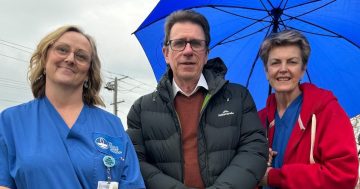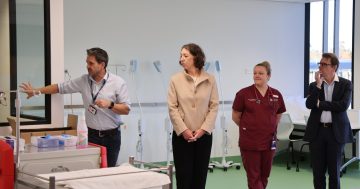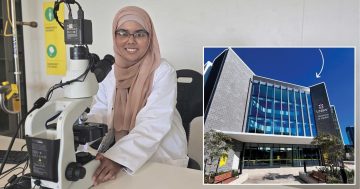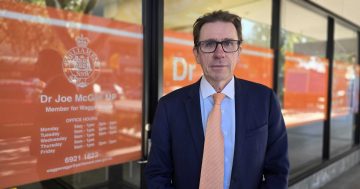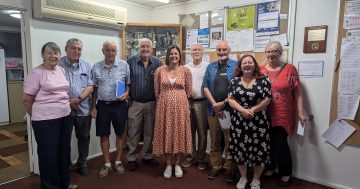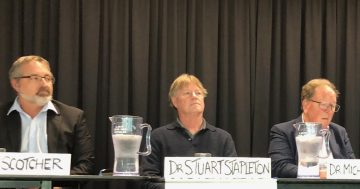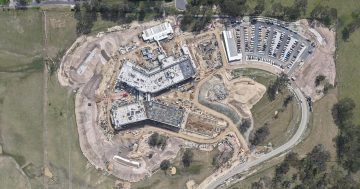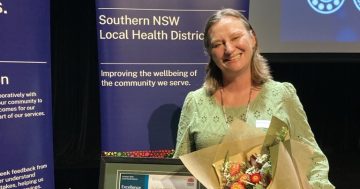
The Commonwealth announced an investment of $4.5 million in the 2023 budget, for 10 SEM trials across the country. Photo: File.
There’s hope a new training pathway for rural generalists will relieve the lack of general practitioners (GPs) in regional areas.
For decades practices have been trying to get their trainees to stick around and embed themselves within the community. But with poor pay and benefits, there’s little incentive for trainees to stay or even work towards a role in regional or rural areas.
As a result, patients are forced to wait long times for appointments or give up and chase their trusted doctors across practices to keep up with consultations.
After successful trials in South Australia and the Murrumbidgee, the NSW Government’s proposal to expand the single employer model (SEM) across the state has recently been approved by the Commonwealth. Member for Monaro, Steve Whan, said that from next year his region would see 80 more rural generalists per year.
Co-owner and GP of Queen Street Medical Centre of Moruya, Dr Neil Starmer, said rural generalists were GPs who provided primary health care and emergency medicine, but also had training in specialised areas like obstetrics, anaesthetics, or mental health.
Dr Starmer has worked as a rural generalist in Moruya for 23 years, and he says the stage doctors are at in their career plays a major role in what sort of practices they choose to work at.
After five years in medical school and two years in the state-run hospital system, doctors are usually in their late 20s or early 30s and have families. If they still want to become a GP, they have to forego a system where they’re better paid and have more benefits, such as higher superannuation and more varieties of leave.
“So you have to move your family, rent a house if you can find one, put your kids up in daycare or school, and it’s all for a lower salary,” Dr Starmer said.
“This is because in general practice, you’re paid on a fee-per-service basis. So for trainees who don’t see many patients early on, they have to take a pay cut for a few years until they’re good enough to see more.”
With these pressures in mind, Dr Starmer said it was very difficult to keep trainees around.
“The longest period of time we’ve had one in our practice has been 18 months. But it could be as short as six months until they have to move on in order to finish their training.
“You’ll find patients travel to a practice 40 kilometres away so they can keep seeing their doctor.”
Mr Whan said the region’s workforce shortages had been improving recently, particularly in the south of the electorate.
“We got some encouraging news that Bombala now has three GPs, which is the most they’ve had in quite a while,” he said.
He hopes the new SEM training pathway will take the pressure off Monaro practices through a coordination between the state funded hospital system and federally funded GPs. Mr Whan said the Southern Health Service was looking to send trainees to areas in need, where they could get not only the experience, but also the support that would help motivate them into staying as GPs there.
Dr Starmer said it was important to keep roles in general practices attractive as a profession, because people were moving away from them in the medical field.
“We’re one of the better funded and populated practices in our region, but it’s getting really tough out here,” he said.








